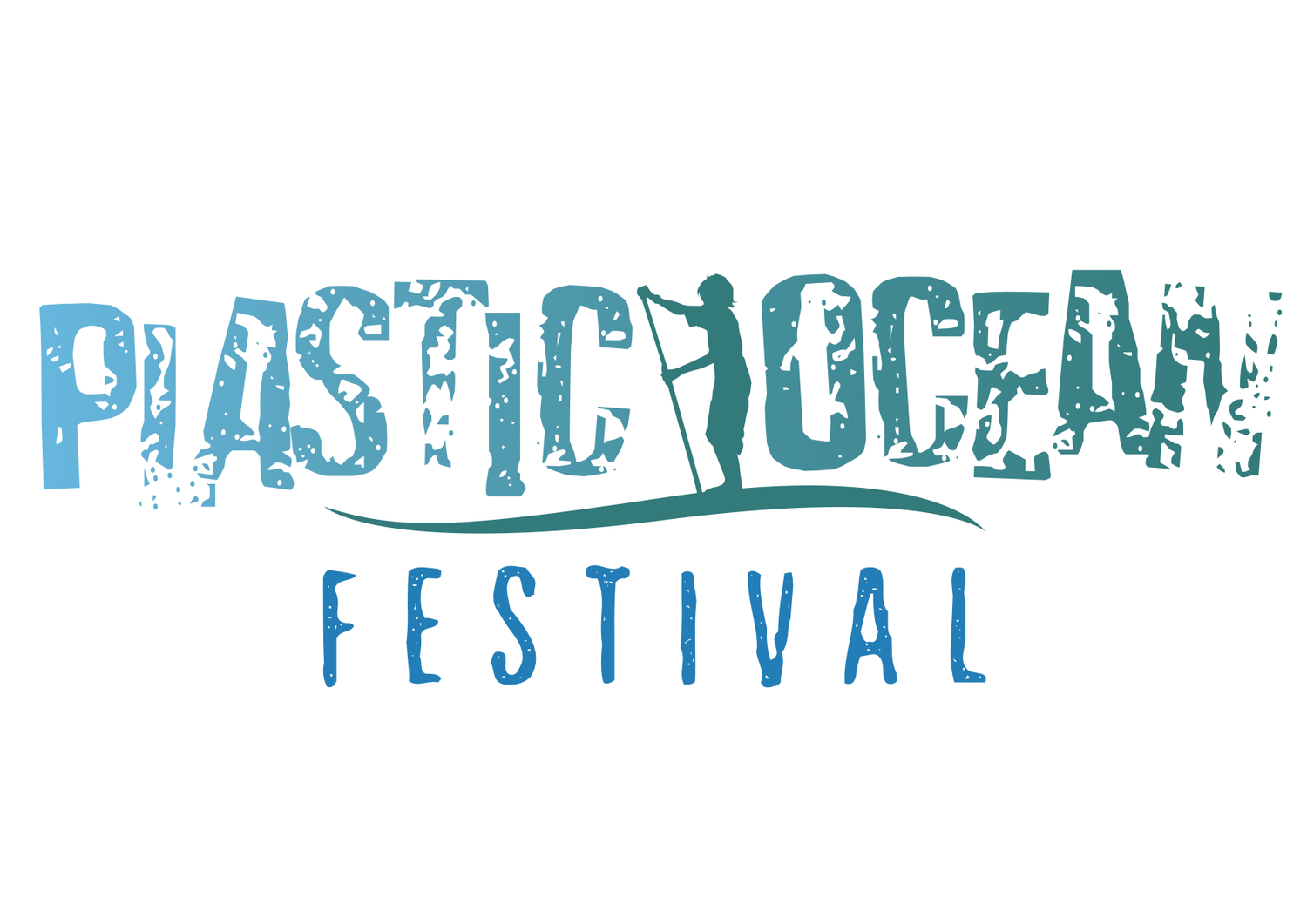Paul Hyman
Paul has had a lifelong interest in environmental issues and has set up energy conservation, green energy and green transport projects. He founded Active360 in 2011 and through it has engaged many people in the natural world. He is working to increase awareness of the threats to our marine environments and promote ideas to reduce those threats.
Séverine Vasselin
Séverine is the founder of Watertrek and actress who decided to dedicate much of her life to protecting the environment on Stand Up Paddleboard after teaching environmental classes in schools and orphanages in Thailand and Cambodia. Séverine realised that environmental issues had to be tackled on a global scale with the notion that we are all (and should feel) connected to our seriously threatened planet. In 2013, Watertrek launched with a mission to reconnect people with water using stand up paddling as a physical tool to educate, initiate and bring together communities of like-minded people willing to protect our natural resources, particularly aquatic ecosystems focusing on plastic pollution, climate change and water quality. It is now a French and British charity, involved in international projects including in Myanmar (Burma), Thailand and India.
Dr Christopher Green
Chris is an environmental scientist and Post-Doctoral Research Fellow of Brunel University, London, specialising in pollution in the world’s rivers and seas and its impacts on wildlife and human health. He has published research on the effects of chemicals released from sewage treatment works into UK rivers that can disrupt the hormone systems of fish, leading to feminisation of males. Chris has more recently been working on plastic pollution and provided scientific advisory for the documentary film, A Plastic Ocean, produced by Jo Ruxton (BBC’s Blue Planet) and Adam Leipzig (March of the Penguins). He also collaborates with social scientists to understand public perceptions of plastic pollution and how the risks that it poses are communicated by the media, and submitted evidence to the House of Commons Environmental Audit Committee enquiry on the Environmental Impact of Microplastics.
Mei Li Quah
Mei Li has a lifelong curiosity around health and nature, having grown up with a love of the outdoors, wildlife and natural environments of Australia. As a novice snorkeller, diver and globetrotter, she wanted to be part of the solution after seeing the human impacts of litter and pollution on coastal and underwater life at home and abroad so joined Responsible Runners’ weekly beach clean-ups. Since moving to London, Mei Li has experienced ocean withdrawals but has found ways to connect with the water and found new passions stand up paddleboarding and working on the Plastic Ocean Festival website and social media. Having studied Health Science and Health Services Management, Mei Li works in health and wellbeing alongside contributing to and advocating for healthy and sustainable environments.
Wanda Bodnar
Wanda is a marine and lacustrine scientist with a background working in industrial and academic environments. Her experience includes conducting research at the Royal Netherlands Institute for Sea Research; implementing marine mammal monitoring and mitigation plan according to government and industrial regulations for the offshore and coastal energy, and renewable sector; and delivering lectures at the Regent’s University London on environmental pollution and marine mammal mitigation methods. She also has extensive GIS mapping and data visualisation knowledge, and currently working on the Greater Thames Fish Migration Road Map project at Thames Estuary Partnership.
Jo Maimaris
Jo’s interest in marine plastic pollution was first sparked when she documented her journey through life without single-use plastic in her project ‘The Plastic Challenge’ in 2015. As a passionate ocean advocate and environmentalist, she has worked with a range of organisations on a variety of environmental projects, from Greenpeace Argentina to IUCN to the cosmetics brand Lush. Jo is currently working as an events intern in London but escapes to camp by the beach in her free time.

